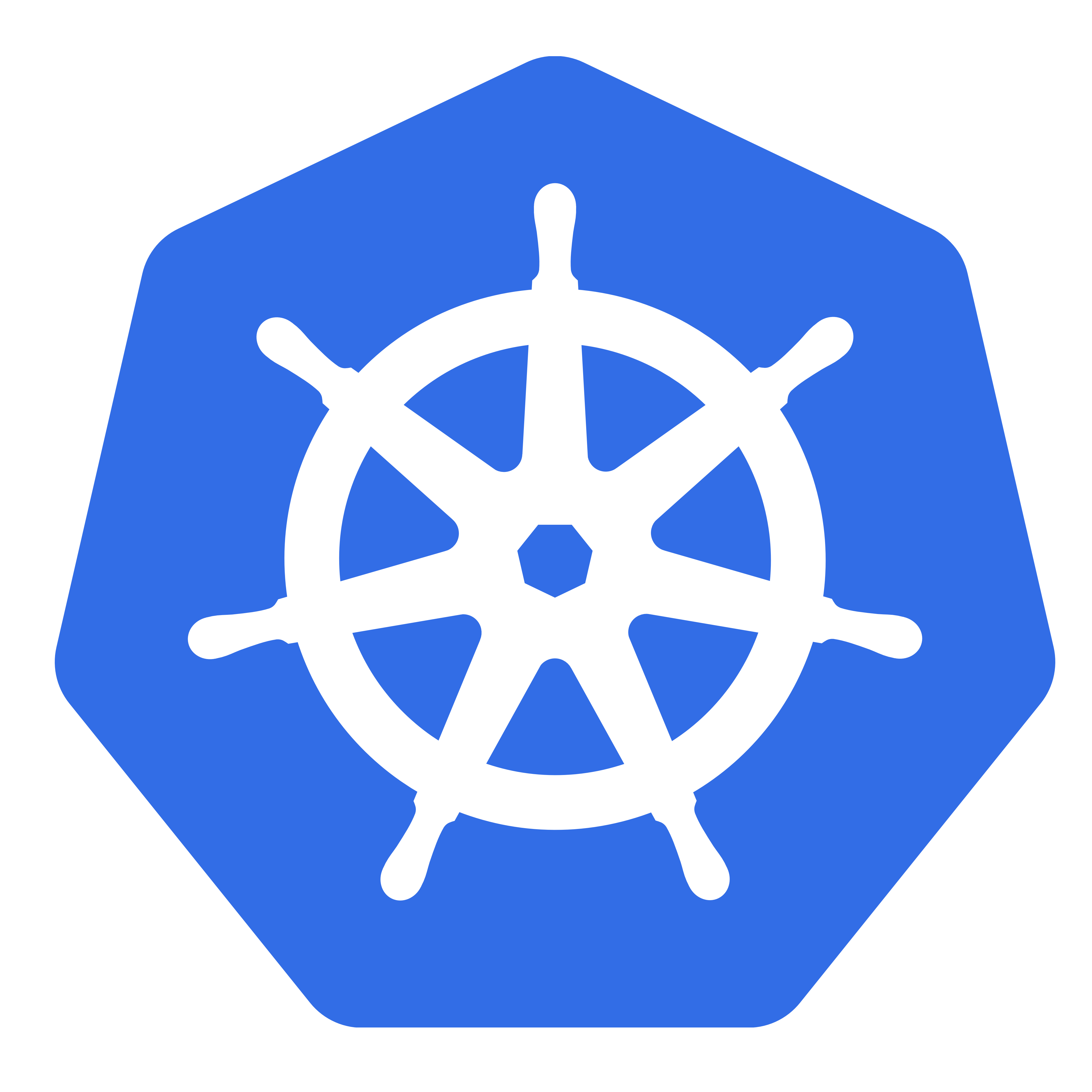

I’ve had similar experiences with this FPS game called krunker.io
Krunker.io is a browser based game, and it had a pretty bad cheating problem, and since it was a browser based gamr, the devs could never implement an anticheat that worked for long.
They implemented a deputization system, where certain respected members of the community would become “krunker police”, and then you could call them from a lobby. They would then invisibly spectate, and record and ban cheaters. The system worked really well, actually. Cheaters were banned quickly, and the requirement collection of video evidence held those involved accountable.
But krunker players had another interesting way of handling cheaters. You see, krunker has really bad netcode, bad enough that you would have to lead hitscan weapons a variable amount depending on how much ping you had. Krunker was also a movement shooter, where you could slidehop and go really, really fasy. The combination meant that you could dodge the shots of cheaters. As I got better, I just stopped calling krunker police, and started beating them. One of my fondest memories was this one lobby full of good players, and when a cheater joined we stomped them below all of us on the ranking, taunting them all the way down. At the end, they tried to sell their cheats and we all laughed. “Why would I buy these cheats? I’m better than them”. Eventually they ragequit. Good times.
But nooooo, nowadays modern game publishers need control over every part of the game. They demand control over the servers, refusing to let anybody host their own communities. They demand absolute control over the community, but refuse to actually moderate it and handle toxicity. And now, they’re demanding control over the clients, forcing you to install rootkits on your computers so they can control those too.











What port was this sent to, and what webserver are you running (if it was sent to a webserver)?
This reminds me of the string to strigger the really bad apache vulnerabilities that lead to being able to read from the whole filesystem (path traversal), or get a shell on your system (remote code execution). It’s likelu that bots are spray and praying attempts across the internet. As long as you’re up to date, you should be good.